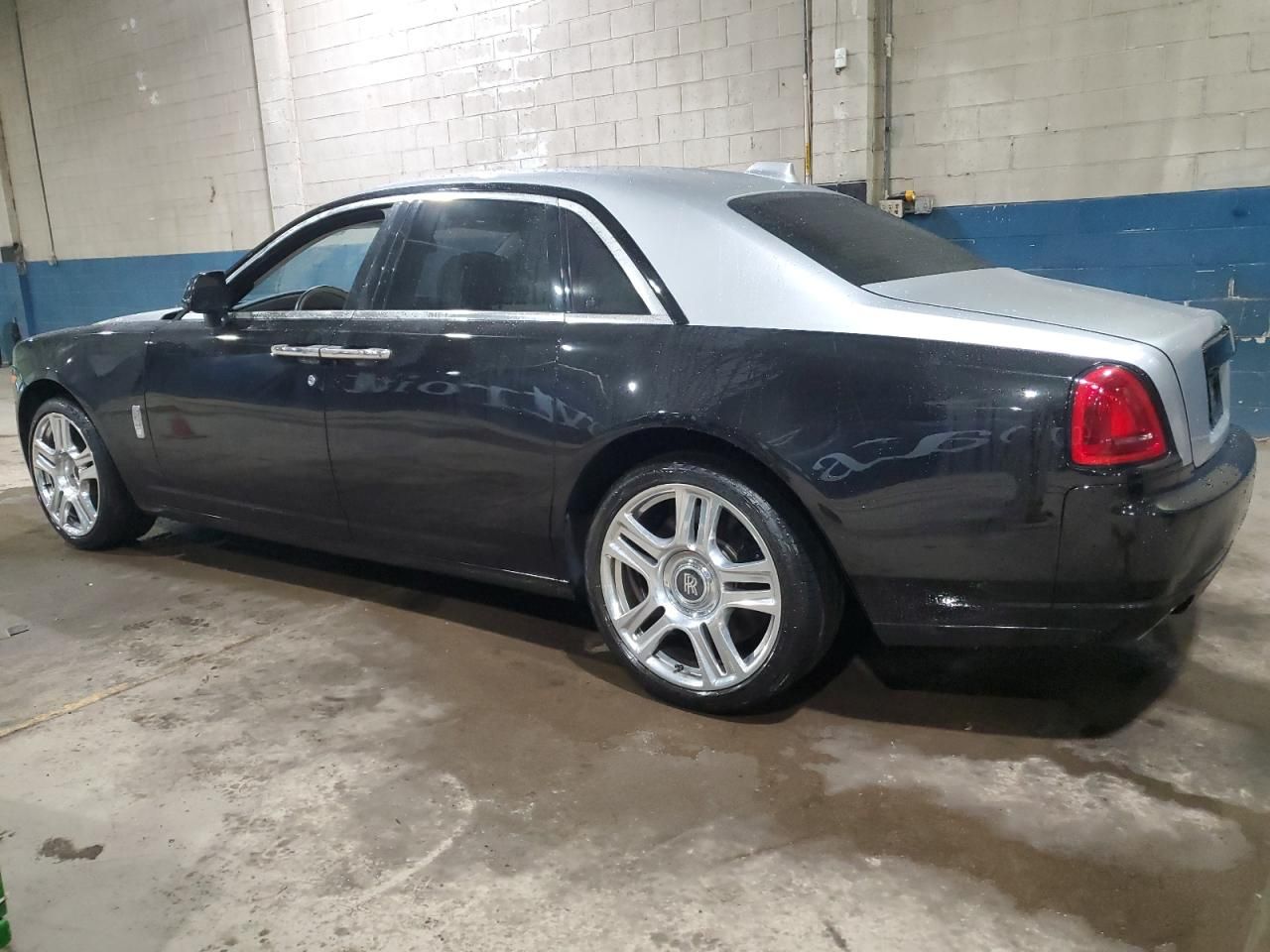How Do You Buy Cars from Auctions?
 0
0
Posted: Tue March 11 3:44 AM PDT
Business: My Business Name
Tags: car auction
Whether your search is for a personal transportation, a fixer-upper, or an investment opportunity, buying a car from an auction can be an interesting and reasonably priced approach to acquire a vehicle. Often below conventional dealerships, car auction provide a large range of automobiles at reasonable rates. Still, negotiating the auction calls for preparation, expertise, and strategy. Knowing the procedure will enable you to guarantee the greatest bargain and make wise judgments.
Understanding Different Types of Car Auctions
There are several types of car auctions, each appealing to different purchasers. Public auctions enable anybody to bid on the accessible cars as anyone may participate. Usually include repossessed, fleet, or trade-in vehicles, these auctions Conversely, dealer-only auctions are essentially for companies in the automobile sector and call for a specific license. While online auto auctions have become well-known as a handy approach for purchasers to bid on vehicles without physically present, government and police auctions sell confiscated or excess vehicles at reduced costs.
Preparing for a Car Auction
Making a good buy from an auto auction depends mostly on preparation. Investigating the auction company, policies, and range of vehicles on offer can help you to stand out from other bids. A budget is absolutely essential to avoid overpaying as auctions might be competitive and quick-paced. Beforehand review of the auction catalog is also crucial to find cars that satisfy your requirements. Certain auctions enable pre-biding inspections, which lets potential purchasers evaluate the condition of the automobile before bidding.

Inspecting Vehicles Before Bidding
Before bidding on a car, you might save later unanticipated costs by first inspecting it. Although most auction vehicles are offered "as is," meaning no warranties or guarantees, looking for obvious damage, corrosion, or mechanical problems may help you save expensive repairs. Bring a mechanic along if at all feasible for a professional assessment. Examining the history of the automobile may also help one understand past mishaps, ownership information, and other red flags.
Understanding Bidding Strategies
At an automobile auction, winning calls for calculated bidding. Maintaining composure and avoiding emotional bidding—which might cause overspending—is absolutely vital. First, establish a maximum bid and keep to it. Seeing other bidders and knowing their tactics will enable you to decide when to submit your bid. While some seasoned bidders bid early to establish dominance, others wait until the final seconds to make their action. Whichever the approach, a great lot depends on discipline and patience.
Finalizing the Purchase
Once an offer is accepted, quick completion of the transaction is quite vital. Most auctions call for either quick or same-day payment, hence having financing available is crucial. Get ready to pay extra expenses like taxes, title transfer fees, and auction premiums. While some auctions provide help with paperwork, it's important to make sure all required records—including the title and bill of sale—are correctly handled to prevent legal issues.
Transporting Your Auction Car
Setting up automobile transportation comes next once the purchase is confirmed. While some auction houses offer delivery, others ask that bidders arrange transportation on their own. Should the car prove not roadworthy, employing a towing service or shipment firm might be required. Another smart line of defense is making sure the automobile is insured before you start driving.
Is Buying a Car from an Auction Worth It?
Many times, buying a car from an auction gives great value. Auctions appeal for lower pricing, a great range of automobiles, and the excitement of bidding. Still, hazards include concealed technical problems, lack of guarantees, and bidder rivalry call for cautious thought. By being strategic, aware, and ready, one may maximize the advantages and minimize any possible negative effects.
Frequently Asked Questions

1. Can anyone buy a car at an auction?
Public auto auctions welcome all purchasers; dealer-only auctions call for a specific license. It's wise to find out ahead as government and internet auctions could have particular qualifying criteria.
2. Are cars at auctions cheaper than dealership prices?
Generally speaking, auction automobiles cost less than dealership autos. To ascertain the whole cost, purchasers need to include other expenses such taxes, repairs, and auction fees, though.
3. Can I test drive a car before bidding at an auction?
Generally speaking, automobile auctions forbid test drives. Many salvage auctions, meantime, enable pre-bid inspections so that purchasers may evaluate the state of the car before bidding.
4. What happens if I win a bid but change my mind?
A bid is a legally enforceable contract. Penalties, lost deposits, or disqualification from further auctions might all follow from backing out. Before engaging, make sure your choice is sound and bid responsibly.
Conclusion
If done with the appropriate information and technique, purchasing a car from an auction may be a profitable event. Great discounts may be obtained by buyers knowing the many kinds of auctions, getting ready, checking cars, and bidding sensibly. Although auctions carry hazards, they also provide chances to get reasonably priced, quality cars. Buyers who keep educated and make deliberate judgments will be able to negotiate the auction process with confidence and leave with a car that fits their budget and requirement.
Comments
Please login above to comment.
